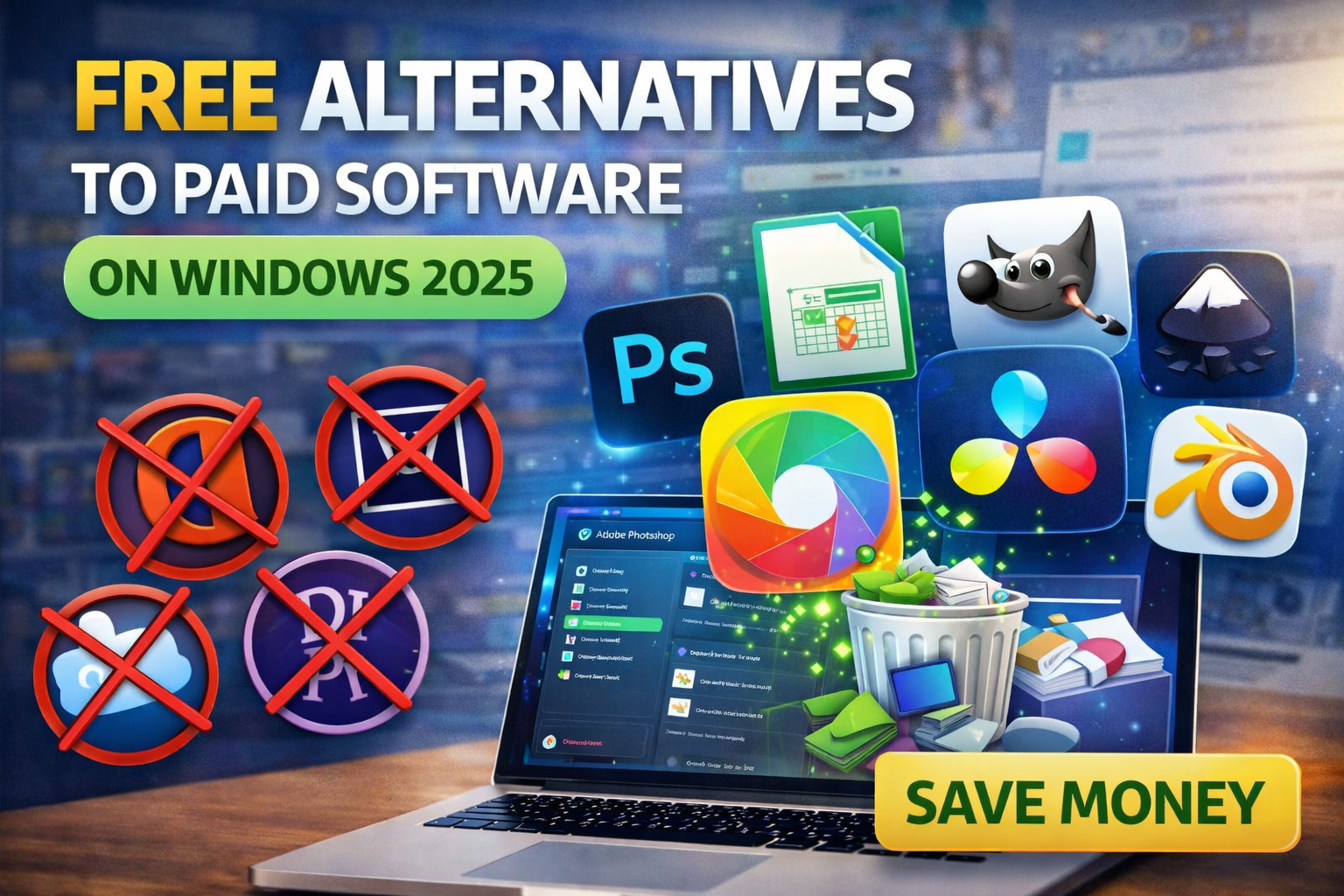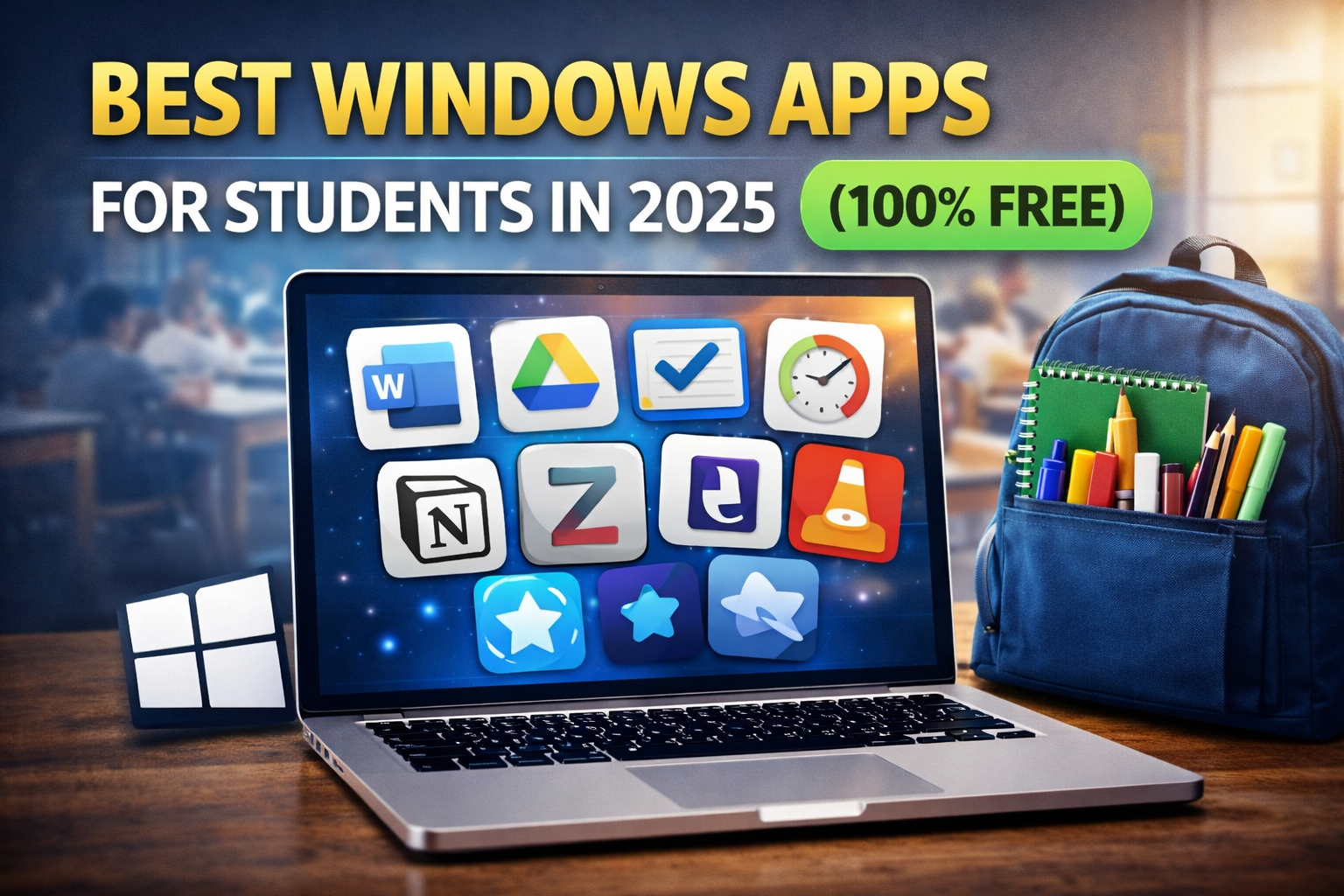

Additional Information
Create native apps for Windows or build apps that run anywhere!
| Version | .NET Runtime 9.0.0 |
| Requirements |
Windows 7 64/Windows 8 64/Windows 10 64/Windows 11 |
| Updated | November 15, 2024 |
| Author | Microsoft Corporation |
| Category | Drivers and Mobile Phones |
| License | Freeware |
| Language | English |
| Download | 296 |
Overview
The primary task of .NET Runtime is to support custom object libraries, class libraries, and managed applications, and be a stepping stone between users, apps, and the underlying operating system. This core package represents the basis on which modern software development is guided by the Microsoft Corporation – the world leader in software development for PC, mobile, web, VR, and embedded devices.
.NET Runtime is separated into three distinct packages. The first one is ASP.NET Core Runtime which enables users to effortlessly run existing web/server applications (it comes packaged both as a standalone module, and bundled with the IIS runtime support). The second is .NET Desktop Runtime, which is focused on enabling fast, stable, and optimized running of existing Windows desktop applications. And the final third is .NET Runtime – an archive that hosts only components necessary to run console apps.
As of the time of the writing of this review, .NET Runtime and its underlying .NET SDK has reached version 7.0, which has introduced many streamlined tools for the development of cloud-native apps, native support for ARM64, unified Base Class Library, Upgrade Assistant, enhanced Linux support, cross-platform mobile-PC development improvements, built-in container support, and introduction of many supporting apps services, and general performance improvements.
PROS
- .NET Runtime enables development and execution of cross-platform software applications
- Utilizes advanced JIT feature to automatically run managed code in native machine language
- Separated into three distinct packages for different types of applications
- .NET Runtime 7.0 has introduced many new features and improvements
- Free for download on supported platforms
CONS
- None
.NET Runtime is free for download on all modern supported platforms (Windows, Mac, Linus) that are powered by x64, X86, and Arm64 CPU architectures.










No comments yet. Be the first to comment!